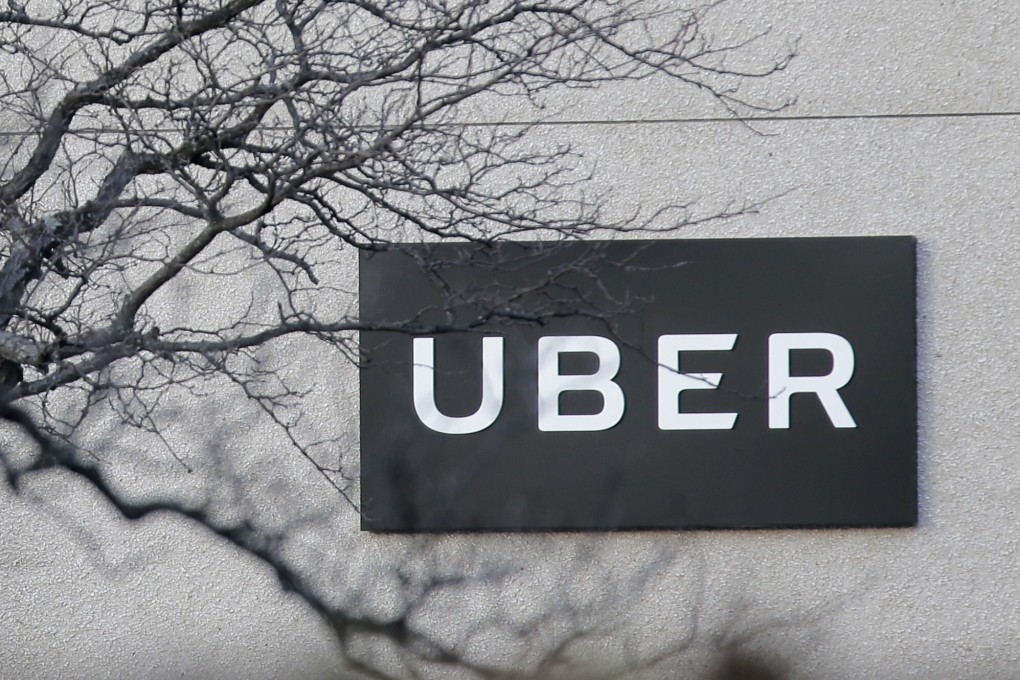Uber, posting first-ever quarterly decline in rides amid coronavirus pandemic, says worst is over
- Uber is expects to turn an adjusted quarterly profit next year, CEO Dara Khosrowshahi says
- The ride-hailing business was down about 80 per cent in April, but Khosrowshahi says sales are increasing

The San Francisco-based company has never turned an adjusted quarterly profit and is unlikely to do so this year. Uber now expects to hit that milestone next year, thanks to cost cutting that will eliminate more than US$1 billion in expenses, chief executive officer Dara Khosrowshahi said on a conference call with analysts.
The ride-hailing business was down about 80 per cent in April, but Khosrowshahi said sales have increased for each of the last three weeks and are on track to do so again this week. “We believe the US is off the bottom,” he said. Shares were up about 6 per cent in extended trading Thursday.

03:49
The problems last quarter for Uber’s rides business, and for most of the transport industry, can be traced to the spread of the virus around the world. With the stock under pressure in the first quarter, Khosrowshahi sought to reassure investors on a conference call in March explaining the business would have a US$4 billion cash cushion in a worst-case scenario.
However, Uber inched closer in the first quarter to its goal of generating an adjusted profit. The loss, excluding taxes, interest and other expenses, declined 30 per cent from a year ago, to US$612 million.